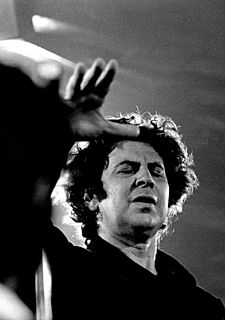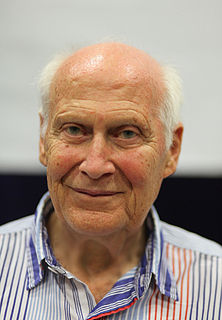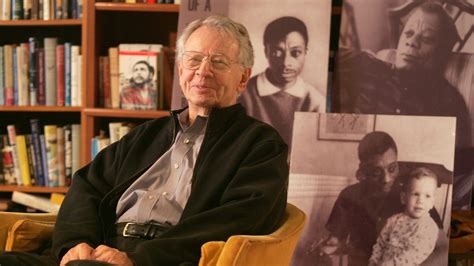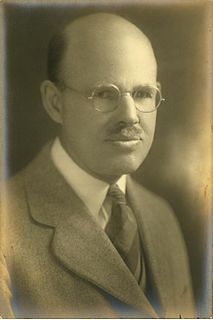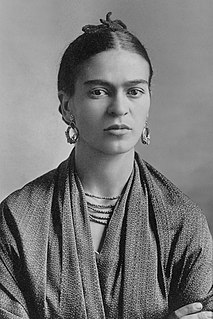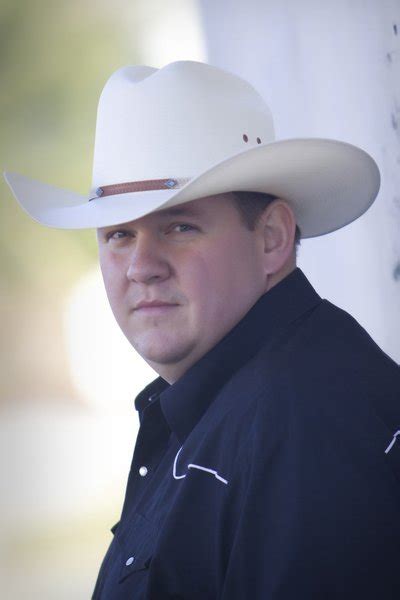A Quote by Mikis Theodorakis
I mixed with a lot of peasants, workers, artists and writers, all deprived of work. That's when I understood human beings have an instinct toward knowledge.
Related Quotes
There are novels that end well, but in between there are human beings acting like human beings. And human beings are not perfect. All of the motives a human being may have, which are mixed, that's the novelists' materials. That's where they have to go. And a lot of that just isn't pretty. We like to think of ourselves as really, really good people. But look in the mirror. Really look. Look at your own mixed motives. And then multiply that.
This society in which knowledge workers dominate is in danger of a new "class conflict" between the large minority of knowledge workers and the majority of workers who will make their livings through traditional ways, either by manual work... or by service work. The productivity of knowledge work - still abysmally low - will predictably become the economic challenge of the knowledge society. On it will depend the ability of the knowledge society to give decent incomes, and with them dignity and status, to non knowledge people.
People expect artists to be too normal, I think. I've been around enough of them now to see that they're very extraordinary human beings who behave differently than ordinary human beings. If they weren't as sensitive as they are, they wouldn't be great artists. They are not the same as us. People should just learn to accept that.
In the beginning, I want to say something about human greatness. Some time ago, I was reading texts of Kungtse. When I read these texts, I understood something about human greatness. What I understood from his writings was: What is greatest in human beings is what makes them equal to everybody else. Everything else that deviates higher or lower from what is common to all human beings makes us less. If we know this, we can develop a deep respect for every human being.
The key for me with historical characters is they're interesting because they're human beings. A little bit of Hemingway goes a long way here, but journalists and writers should honestly look at their material and have a real interest, a real passion in what they want to write, and they should also have a lot of knowledge as well.
I still believe that workers must be the basic force which must organize and eventually transform society (along with peasants in poor countries). This is because they are the source of the profits which make capitalism what it is. They can shut the system down, and at the same time they possess the unique knowledge needed to make it work in everyone's interests.
Everyone recognizes a distinction between knowledge and wisdom. . . Wisdom is a kind of knowledge. It is knowledge of the nature, career, and consequences of human values. Since these cannot be separated from the human organism and the social scene, the moral ways of man cannot be understood without knowledge of the ways of things and institutions.
One of the things that I tell beginning writers is this: If you describe a landscape, or a cityscape, or a seascape, always be sure to put a human figure somewhere in the scene. Why? Because readers are human beings, mostly interested in human beings. People are humanists. Most of them are humanists, that is.
